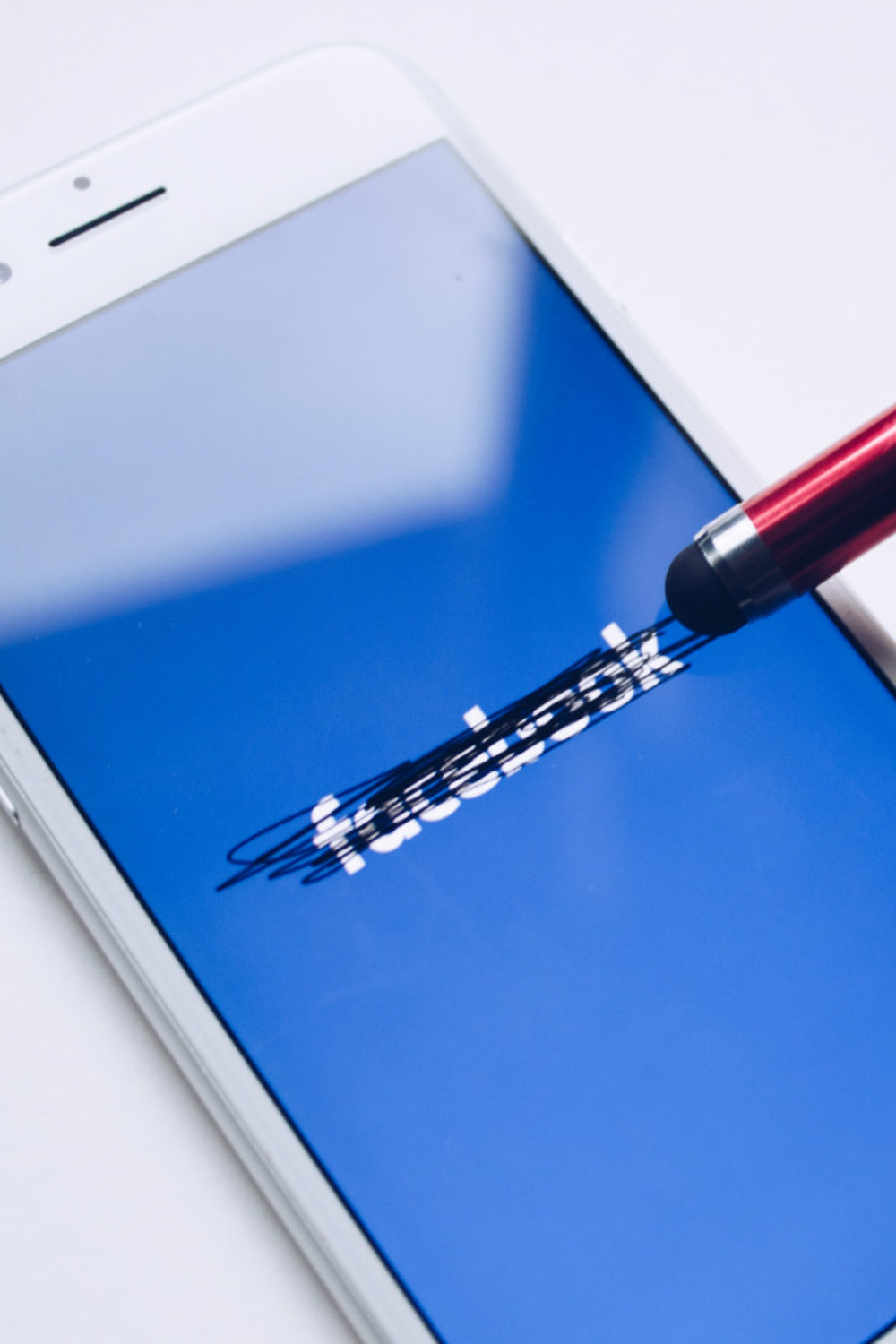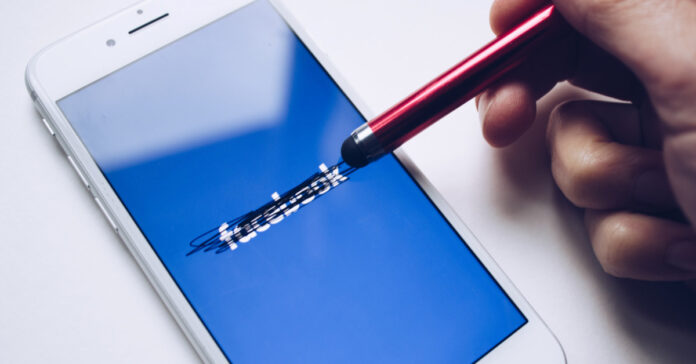I logged in to Twitter today and posted a tweet about a recent post. Then I made the mistake of seeing what people were tweeting about. This was the first time I’d spent any serious time on Twitter in three months. Turns out I hadn’t missed anything. Same bull, different day.
During the long COVID-19 quarantine, Twitter was a good way to kill time. Now? Not so much. It’s a waste of time.
If you are on Twitter, I recommend giving yourself a couple of days or weeks without it. Delete it from your phone and I bet you will be happier without it.
We were Better off Before Social Media
I think social media has harmed our society by emphasizing our differences rather than our similarities. Before, we were all Americans. Today, everything divides us. These differences have always been there, but they were under the surface. Today, all you have to do is find someone’s social media page and know that you hate them in two minutes or less.
Let’s say that I love hunting and you think it is intolerably cruel. Twenty years ago, we would likely never have met unless we both spoke at a public hearing on the topic. Today, we can snipe at each other on social media until one of us gets so angry we block the other. Back then, your opinion on trans players on girls athletic teams was probably known by your family and maybe a few close friends. Today, you can easily find people you disagree with and post rude, insulting, or perhaps threatening posts on their social media.
I think we were better off when our opinions were our own and we shared them with family, close personal friends, and pollsters who called us on our land lines after dinner. Blabbing your thoughts on every issue, seeking social approval for everything you do, and trying to conform so you will be popular just serves to make you less of an independent individual. Not everyone is alike, nor should they be.
I am always amused by people who want more diversity based on something obvious like skin color or sex but who recoil at diversity of thought and belief systems. These folks apparently believe it is OK to look different as long as you fall in line and don’t act different.
The Echo Chamber
When everything you watch and read is filtered by algorithms designed to show you things you like, you are in an echo chamber and quickly lose sight that there are other opinions, that opinions are not facts, and that you might actually be part of an extreme minority. Social media brings all the sycophants together and they reinforce each other. Then, someone pops up and says, “No, an AR-15 is not a ‘weapon of war’” or “Maybe we should think twice before we free Brittany,” and they freak out. Facts, logic, and reason fly out the door and emotion rules, vitriol flies, and the snowflakes have a melt down.
Living that way is just not healthy. You got to get out I the real world, because social media is neither.
Your Life in Pictures
Social media has also caused people trying to compete for cool points, to see who can do the wildest things, the stupidest things, look the sexiest, have the most toys, flash the most cash, or vacation in the most exclusive places. Shockingly, other people believe these posts and either try to emulate them or think their lives suck because they can’t. Posting photos has taken the whole “keeping up with the Jones” thing to an unhealthy extreme.
We’re getting away from knowing what makes us happy and doing it. Thanks to social media amplifying peer pressure, we’re doing what we think will make other people will approve of us, envy us, or want to emulate us. Kids used to look up to an athlete because of their record on the playing field, not because of the car they drove, the celebrity they dated, the club they went to, or the other cool people they hung out with.
We are becoming a superficial society, and we have social media, envy, greed, lust and a couple more of the seven deadly sins to thank for it.
Goodbye Privacy
Social media is also one of the greatest threats to your privacy. Not only does your account give anyone who wants a view into your world, it opens the door for hackers. By studying your accounts, I can probably answer several questions they use to verify your identity, including things like your mother’s maiden name, your favorite movie, who you went to prom with, your high school mascot, and your pet’s name. That kind of vulnerability is an invitation for hackers who can use it to change your passwords with a call or email to your provider’s customer service number.
Social media providers also use a great deal of tracking information on you and use your online actions to draw a detailed portfolio on who you are, what you believe, where you go, and who you get together with. I don’t think anyone should have that kind of detailer information about me.
How to Use Social Media Safely
If you just can’t bear to get rid of social media, I recommend two things:
First, lock your accounts as tightly as possible. This means make them private so random strangers cannot follow you. Activate all the privacy settings and turn off as many tracking features as possible. If the app is on your phone, make sure your phone is not sharing location data with it. Post as few photos of yourself and your family as possible.
Second, create a separate account for your hobbies and other interests. Are you a prepper? Create an account dedicated for prepping, like I did with @PickeldPrepper. Like guns? Create an Instagram account just for you and your guns. Talk about guns all you want there, but when they come to confiscate them, make sure that account has a fake name, fake phone number and an email address you only access when using a VPN.
Better yet, delete your accounts and be social with the people who matter: those who are around you.








